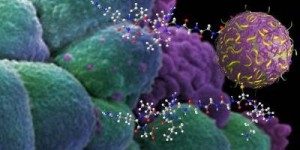Pharmacology, is a term used for drug action on biology systems. It entirely depends up on drug dose, size, structure, chemical properties, and it’s mode of action on living cells in treating the infection or disease. Drug is an organic compound that has been targeted to act upon infected cells that activates or inhibits a protein thereby prompting benefit to the person infected. Drug metabolism or active xenobiotics mechanism involves the degradation or change to the drug in its duration by the living organism usually by enzymatic process. Drug delivery refers to formulation, dosage and intake of drug, but it should be sites specific in action to reach its therapeutic effect.
 Its action starts by route of administration, so therefore each drug should have a specific route of entrance and also a carrier to bring it to the site of action. Most drug has a lipid or protein factor as a carrier which are non-reactive, and does not possess any function in drug activity as well as infection and to develop any side effects. Drugs can be given in a variety of ways-by oral, by inhalation, by absorption through the skin, or by intravenous injection. But drugs should be taken when needed, or else it will lead to severe compromise of brain health.
Its action starts by route of administration, so therefore each drug should have a specific route of entrance and also a carrier to bring it to the site of action. Most drug has a lipid or protein factor as a carrier which are non-reactive, and does not possess any function in drug activity as well as infection and to develop any side effects. Drugs can be given in a variety of ways-by oral, by inhalation, by absorption through the skin, or by intravenous injection. But drugs should be taken when needed, or else it will lead to severe compromise of brain health.
Drug delivery systems control the rate at which a drug is released and the location in the body where it is released. But delivering drugs into the brain is critical to the successful treatment of certain diseases such as brain tumors, Alzheimer’s disease, and Parkinson’s disease, but better methods are needed to cross or bypass the blood-brain barrier. So as researchers work to develop reliable methods of delivering treatments to targeted cells, further engineering is still needed to ensure the treatments reach the correct structures inside brain cells.
